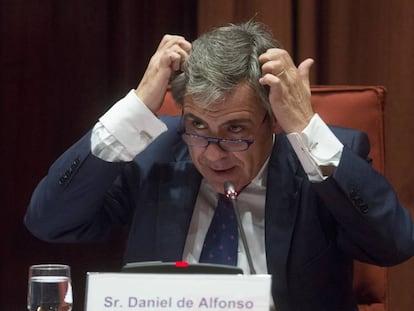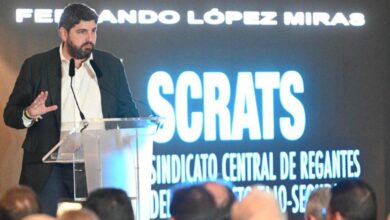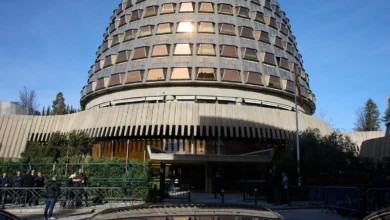
A court in Spain has ruled in the case of Daniel de Alfonso, the former head of the Catalonia Anti-Fraud Office (Oficina Antifraude de Cataluña, OAC). He must repay the state €82,341 received during his tenure from 2011 to 2016. This amount was deemed overpaid, although the original sum due for repayment exceeded €200,000. The court took into account that part of the claims could no longer be recovered due to the statute of limitations expiring.
During the proceedings, it was revealed that de Alfonso, while leading the OAC, received payments that did not correspond to his official duties. In particular, he continued to receive seniority bonuses even after taking on a new role. The court ruling highlights that the former official acted with extreme negligence, resulting in a significant excess over his legally entitled income.
The trial also addressed the issue of the statute of limitations. It was determined that all payments made before the end of March 2013 could no longer be reclaimed by the state. The key moment was in March 2018, when the OAC’s annual report was approved. From that point on, a five-year deadline was set, after which some of the claims were considered time-barred.
Political fallout and resignation
Daniel de Alfonso led Catalonia’s anti-corruption agency for five years. His career ended in 2016 following a high-profile scandal sparked by the release of audio recordings of his conversations with Spain’s then Minister of the Interior, Jorge Fernández Díaz. In these conversations, they discussed investigations involving politicians from the ERC and CDC parties, as well as possible corruption schemes connected to companies and relatives of prominent political figures.
After the tapes were made public, the Catalan parliament voted by a majority to remove de Alfonso from his post. In its decision, the parliament noted that his actions were contrary to the principles of independence, objectivity, and confidentiality that leaders of anti-corruption bodies are required to uphold.
Investigation details and next steps
The investigation revealed that de Alfonso discussed case details with the minister that concerned companies where relatives of political party leaders were employed. Specifically, they talked about the company Cespa, a subsidiary of Ferrovial, and potential irregularities in promotions involving relatives of former regional government ministers. Even though the evidence regarding several incidents was deemed weak, the mere fact of sharing information and discussing cases with central government representatives caused a public outcry.
The court decision allows for the possibility of an appeal. De Alfonso may file an appeal with a higher court. Meanwhile, the case remains in the spotlight, as it raises issues of transparency and accountability in the work of Catalonia’s public institutions.












